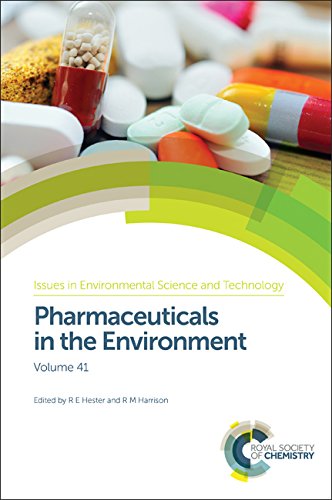

Most ebook files are in PDF format, so you can easily read them using various software such as Foxit Reader or directly on the Google Chrome browser.
Some ebook files are released by publishers in other formats such as .awz, .mobi, .epub, .fb2, etc. You may need to install specific software to read these formats on mobile/PC, such as Calibre.
Please read the tutorial at this link: https://ebookbell.com/faq
We offer FREE conversion to the popular formats you request; however, this may take some time. Therefore, right after payment, please email us, and we will try to provide the service as quickly as possible.
For some exceptional file formats or broken links (if any), please refrain from opening any disputes. Instead, email us first, and we will try to assist within a maximum of 6 hours.
EbookBell Team

0.0
0 reviewsMedicines play an important role in the treatment and prevention of disease in humans and animals, but residues from these medicines can be released into the environment through a number of routes during their manufacture, use and disposal. It is only recently that the potential environmental impacts of this exposure to pharmaceuticals are being considered.
The book explores where pharmaceutical residues can be found, e.g. in surface waters, drinking water, sediments and the marine environment; the sources of these residues, from manufacture through to disposal of unused medicines; how these residues break down; and how this all impacts on wildlife and human health.
In reviewing the current position and examining further possible impacts, this book is an important reference for researchers working in the pharmaceutical industry, as well as for environmentalists, policy makers and students on pharmacy and environmental science courses wanting to better understand the impacts of pharmaceuticals on the environment.